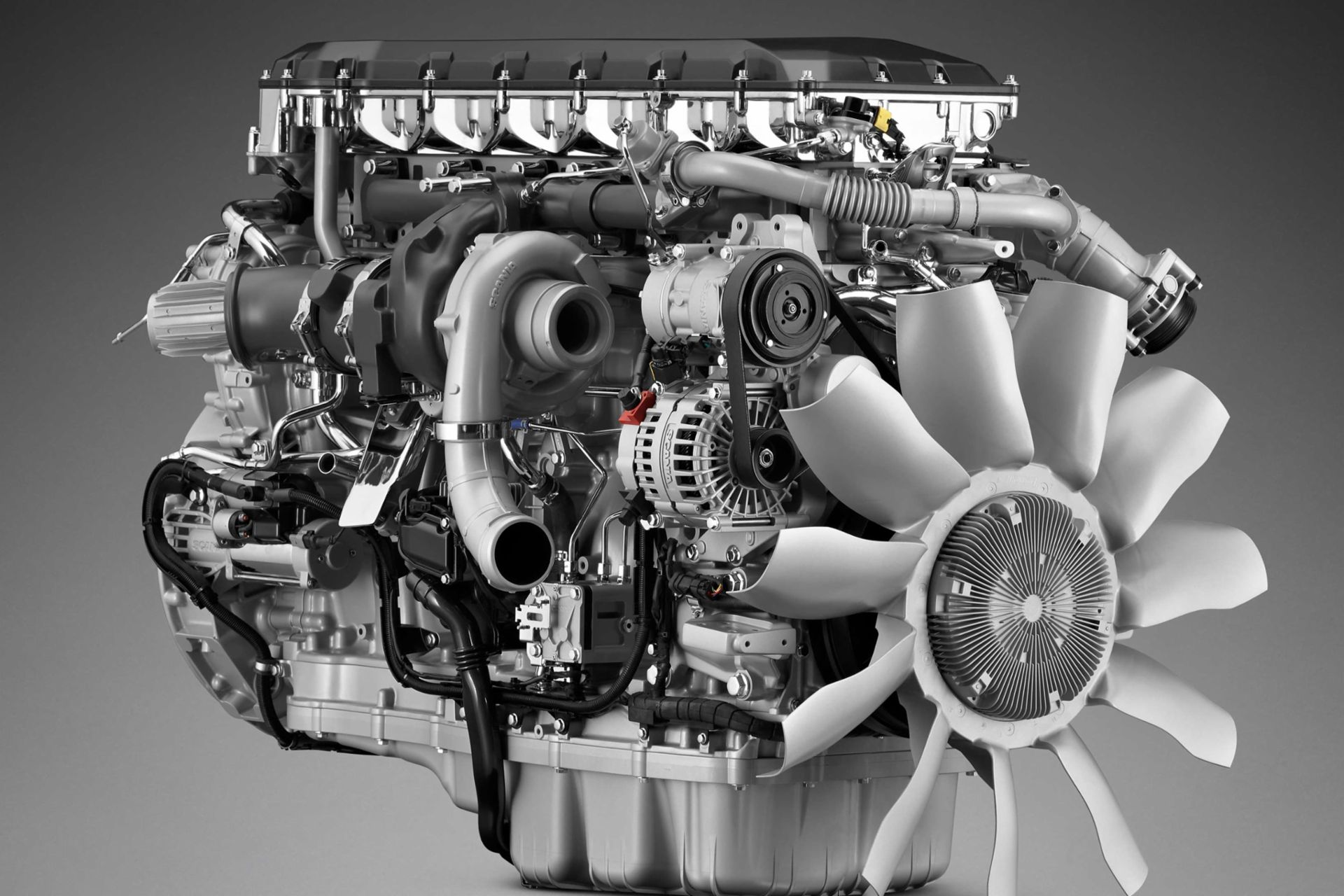A Full Overview to Buying from Engines For Africa
A Full Overview to Buying from Engines For Africa
Blog Article
A Full Overview to Picking the Right Engine for Your Job
Choosing the ideal engine for your project is an essential choice that can dramatically influence its total success. Each of these components plays a crucial duty in making certain that your picked engine not only meets immediate purposes yet likewise lines up with long-term aspirations.
Specify Your Task Requirements
Defining your job needs is an essential action in choosing the appropriate engine for effective implementation. A comprehensive understanding of your job's objectives will certainly direct you in recognizing the functions and capabilities needed from an engine. Begin by outlining the extent of your project, consisting of the desired capability, target audience, and the specific results you intend to achieve.
Following, consider the technical demands that line up with your job objectives. This includes reviewing the compatibility of the engine with existing systems, in addition to the programming languages and frameworks that will certainly be utilized. In addition, examine the level of scalability needed to suit future development or modifications popular.
Budget constraints likewise play a vital function in specifying your task needs. Establish a clear monetary structure to lead your decision-making process, making sure that the engine picked fits within your spending plan while providing the required performance.
Evaluate Efficiency Needs

Engines that support horizontal scaling are typically better for bigger applications. Furthermore, examine the engine's performance under different problems, such as peak use situations, to ensure it satisfies your reliability standards.
Consider Simplicity of Use
While technical specs are important, the ease of use of an engine can significantly influence the growth process and overall task success. An instinctive interface, clear documentation, and structured process can dramatically minimize the knowing curve for programmers, enabling them to concentrate on creative thinking and analytic instead of facing complicated tools.
When reviewing an engine's simplicity of use, take into consideration the onboarding experience. A well-structured introduction, full with tutorials and example projects, can assist in a smoother transition for brand-new users. In addition, the clearness and comprehensiveness of the engine's documentation play an essential function; thorough overviews and API recommendations can encourage designers to repair and carry out features effectively.
Another element to consider is the engine's personalization capacities. An engine that enables for very easy modifications can be a lot more user-friendly, as designers can customize it to fit their specific demands without considerable headache. Lastly, examine the operations integration with systems and tools you already use. A cohesive environment can boost productivity and decrease friction throughout the growth procedure. Ultimately, choosing an engine that prioritizes simplicity of use can cause an extra productive and pleasurable advancement experience.
Assess Area and Assistance
The toughness of an engine's community and support network can greatly influence a designer's experience and success. When evaluating an engine, think about the dimension and task level of its neighborhood.
Moreover, review the schedule of official support networks. Dependable documents, receptive client support, and routine updates are important for resolving technical issues and maintaining your job on course. Engines For Africa. Active areas additionally promote cooperation, supplying opportunities for networking and look at more info feedback, which can be indispensable, particularly for independent designers or tiny teams
Furthermore, explore the presence of community-run occasions, such as meetups or hackathons. These gatherings can improve your understanding of the engine while attaching you with possible collaborators and skilled users. In recap, a durable neighborhood and support system not only streamline development however also create a setting helpful to finding out and technology, eventually boosting the possibility of your task's success.
Compare Price and Licensing Alternatives
Spending plan factors to consider play a vital function in choosing the right engine for your project, as the cost and licensing alternatives can dramatically impact both short-term expenses and long-term feasibility. Engines For Africa. Different engines supply varying pricing structures, reference which can consist of one-time acquisition fees, membership designs, or revenue-sharing agreements based on your job's profits

Accrediting options also differ substantially. Some engines are open-source, using versatility and community-driven support, while others may call for proprietary licenses that restrict usage and circulation. Comprehending the ramifications of each licensing model is essential, as it impacts possession rights, future scalability, and prospective lawful obligations.
Conclusion
To conclude, choosing the proper engine for a task demands a complete assessment of defined job requirements, efficiency requirements, convenience of use, area assistance, and cost considerations. By systematically dealing with these critical elements, decision-makers can guarantee positioning with both future and present task needs. A knowledgeable selection eventually enhances the chance of task success, enabling efficient resource appropriation and making best use of potential end results within the specified monetary restraints.
Selecting the proper engine for your job is a vital decision that can considerably influence its general success.Defining your project needs is an essential action in picking the proper engine for successful application. A detailed understanding of your job's objectives will certainly direct you in identifying the abilities and features called for from an engine.Once you have a clear understanding of your task needs, the next step is to evaluate the efficiency needs of the engine.In conclusion, choosing the suitable engine for a task necessitates a complete examination of defined site link project needs, efficiency demands, convenience of use, community assistance, and price considerations.
Report this page